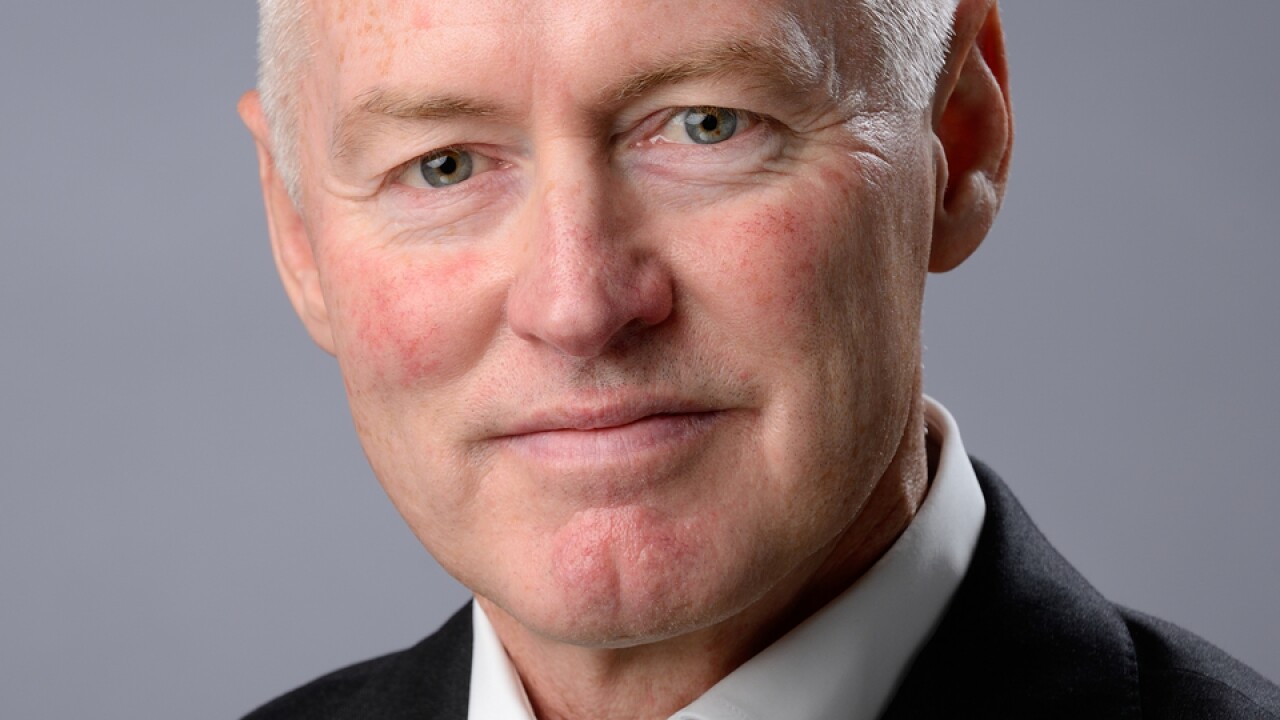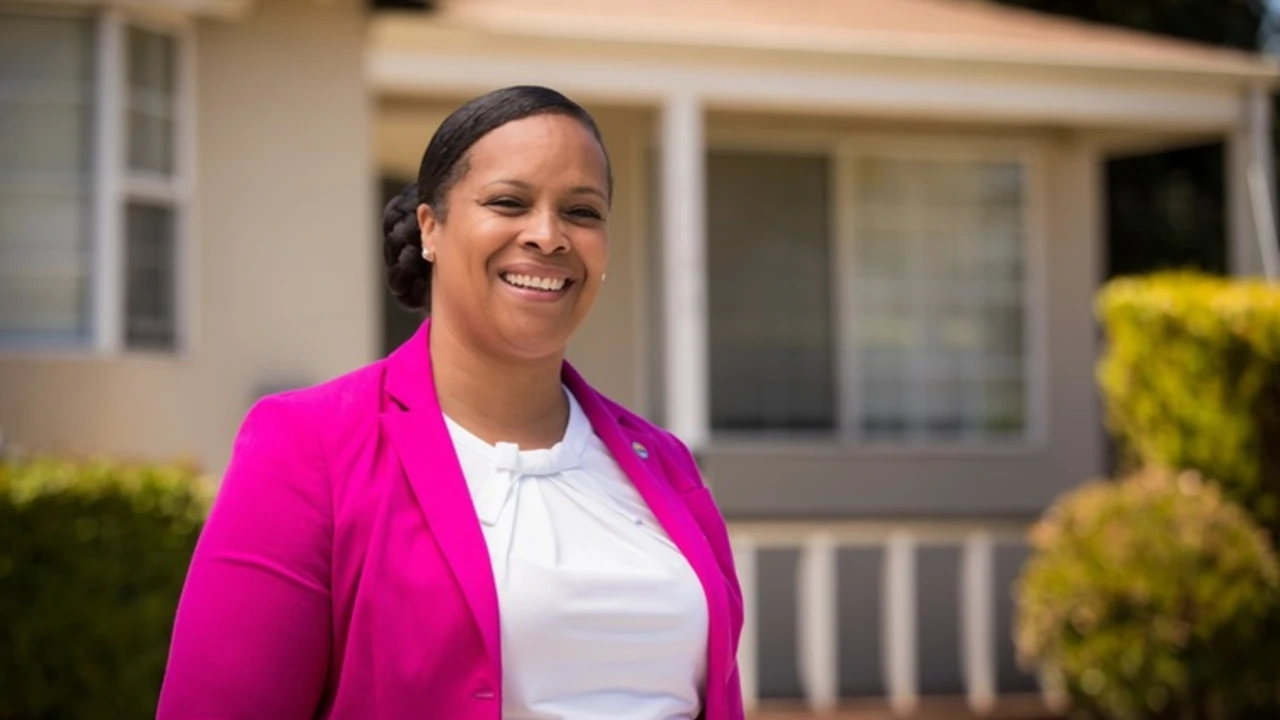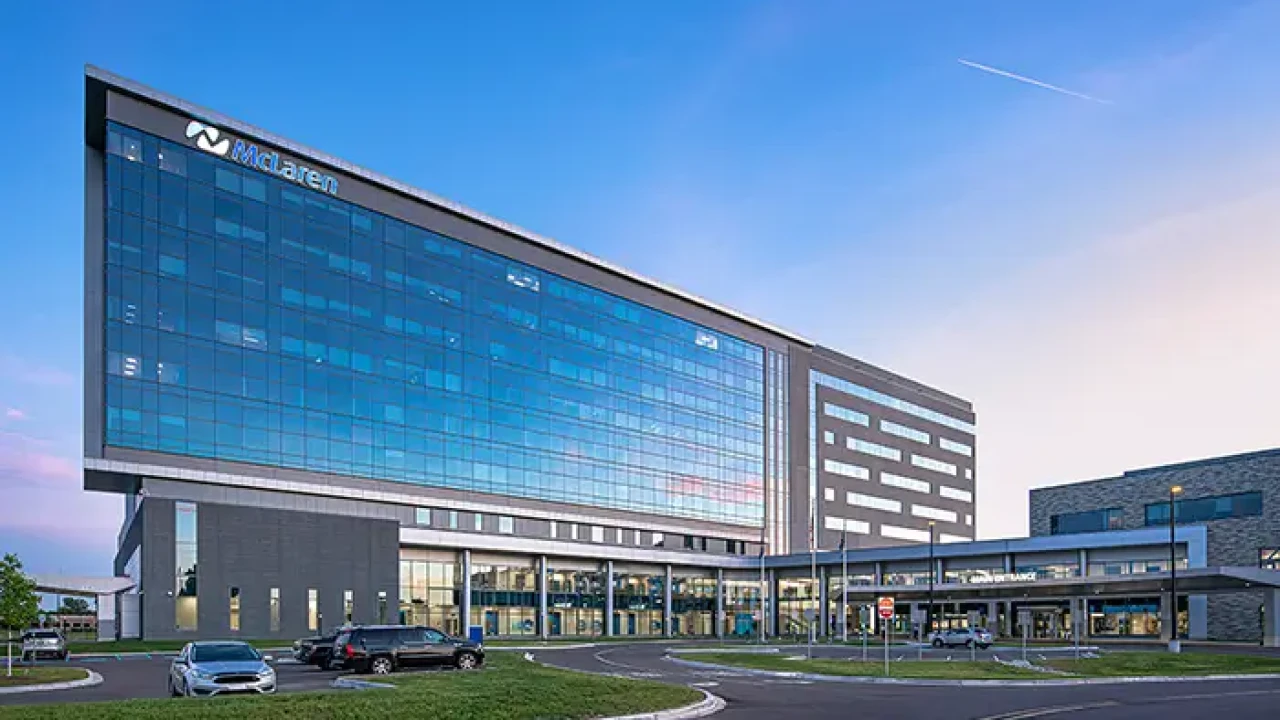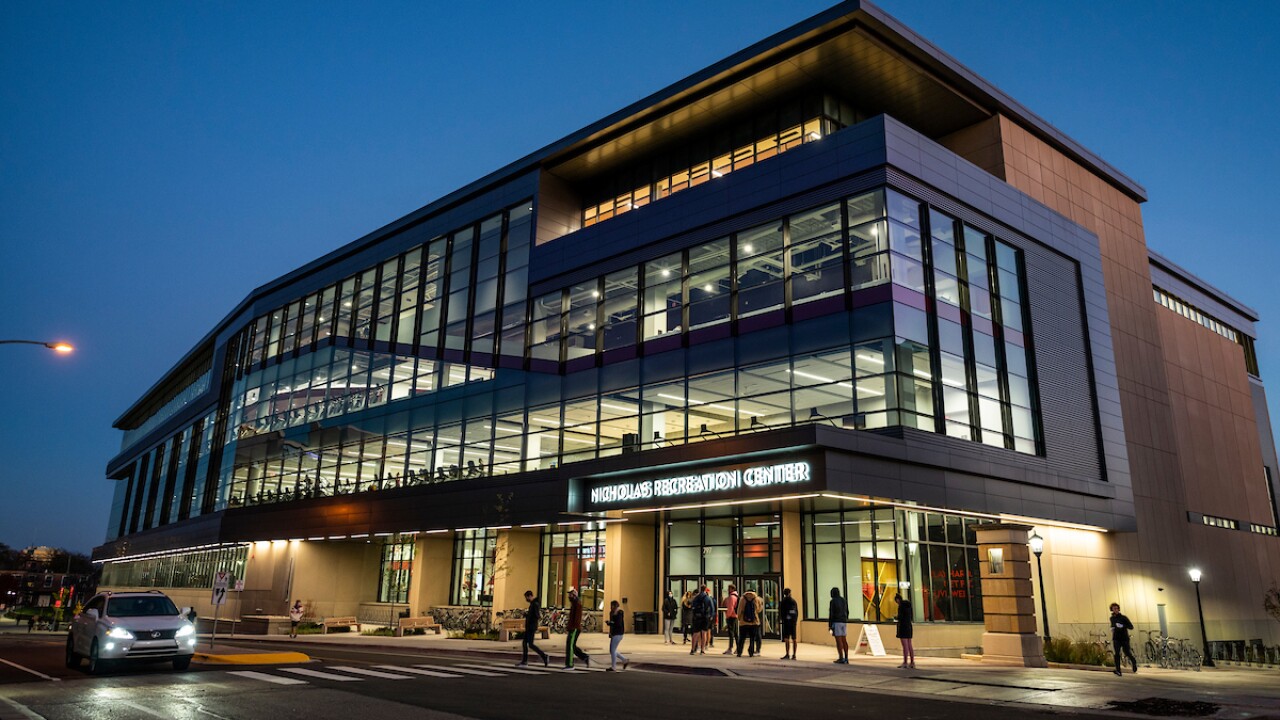Ruling against a group of bond insurers, a U.S. appeals court upheld the Puerto Rico bankruptcy judge's decision that payment of special revenue bonds in municipal bankruptcies is voluntary rather than mandatory.
The 1st Circuit U.S. Court of Appeals released its
“We disagree with the Court’s ruling, which is at odds with prior court decisions and the legislative history relating to special revenue bonds and has potential negative implications for revenue bonds throughout the municipal bond market," Assured said in a statement Thursday. "We are assessing all of our options, including an appeal of the Court’s ruling to the U.S. Supreme Court.”

As of February 2017 the PRHTA had $4.1 billion in outstanding bonds. The Puerto Rico Oversight Board put it in Title III bankruptcy on May 21, 2017.
The insurers argued, first, that the PRHTA bonds were secured by special revenues and exempt from the PRHTA bankruptcy's automatic stay, and that failure to pay was in violation of Chapter 9 of the bankruptcy code.
Their second claim was that the reserve account funds were property of the bond holders and subject to a lien. Thirdly, the insurers sought an order against further violations of sections 922(d) and 928 of the bankruptcy code. The fourth claim sought an order to resume payments.
The judges upheld an earlier decision by Title III bankruptcy District Court Judge Laura Taylor Swain on the plaintiff’s first, third, and fourth claims. They chose to not rule on the second claim, leaving Swain’s decision against the plaintiffs to stand, saying that the insurers had failed to develop any arguments on the topic in their appeal.
While the judges ruled on the case within Puerto Rico Oversight, Management, and Economic Stability Act and specifically its Title III, this act includes many provisions from Chapter 9 of the U.S. bankruptcy code.
The judges said the most important included provisions for this case were sections 928(a) and 922(d). The former says that “special revenues acquired by the debtor after the commencement of the case shall remain subject to any lien.” The latter says that “a petition filed under [Chapter 9] does not operate as a stay of application of pledged special revenues in a manner of indebtedness secured by such revenues.”
The judges wrote, “Nothing in the statute’s plan language … addresses actions to enforce liens on special revenues, which are specifically stayed by section 362(a)(4) of the Bankruptcy Code, or allows for the compelling of debtors, or third parties holding special revenues, to apply special revenues, to apply special revenues to outstanding obligations.”
“Sections 928(a) and 922(d) permit, but do not require, continued payment during the pendency of the bankruptcy proceedings,” the judges wrote.
However, Chapter 9 bankruptcy expert James Spiotto saw things differently. “There is no case law in Chapter 9 that supports what Judge Swain and the 1st Circuit have ruled.”
Both Swain and the appeals judges have applied corporate bankruptcy law to municipal bankruptcy law even though the latter is different from the former on this topic, Spiotto said. In 1988 the U.S. Congress passed amendments to the Chapter 9 specifically to address this issue.
In Monday’s decision the Appeals Court judges said that the judge in the Jefferson County, Alabama, decision didn’t address the issue of whether the payment of special revenue bonds was voluntary or mandatory. Spiotto, a managing director at Chapman Strategic Advisors, said this was wrong and that Judge Thomas Bennett had declared the payment mandatory.
Spiotto said that in an August 2018 decision also about PRHTA bonds, Peaje Investments LLC v. The Financial Oversight and Management Board for Puerto Rico, et al, the 1st Circuit court seemed to suggest that special revenue bonds would have mandatory claims on revenue. However, that decision and Monday’s decision only shared one of three judges, Jeffrey Howard.
Puerto Rico attorney John Mudd said on Monday’s decision, “It is to be expected. After the November 7 oral argument, I reported on Control Board Watch that I believed the 1st Circuit would affirm [Swain’s] decision. Important victory for [Puerto Rico Oversight] Board and municipalities.”
Spiotto said the insurer might request the court hear the case en banc (where all the judges on the court would consider it) or could seek U.S. Supreme Court review.





